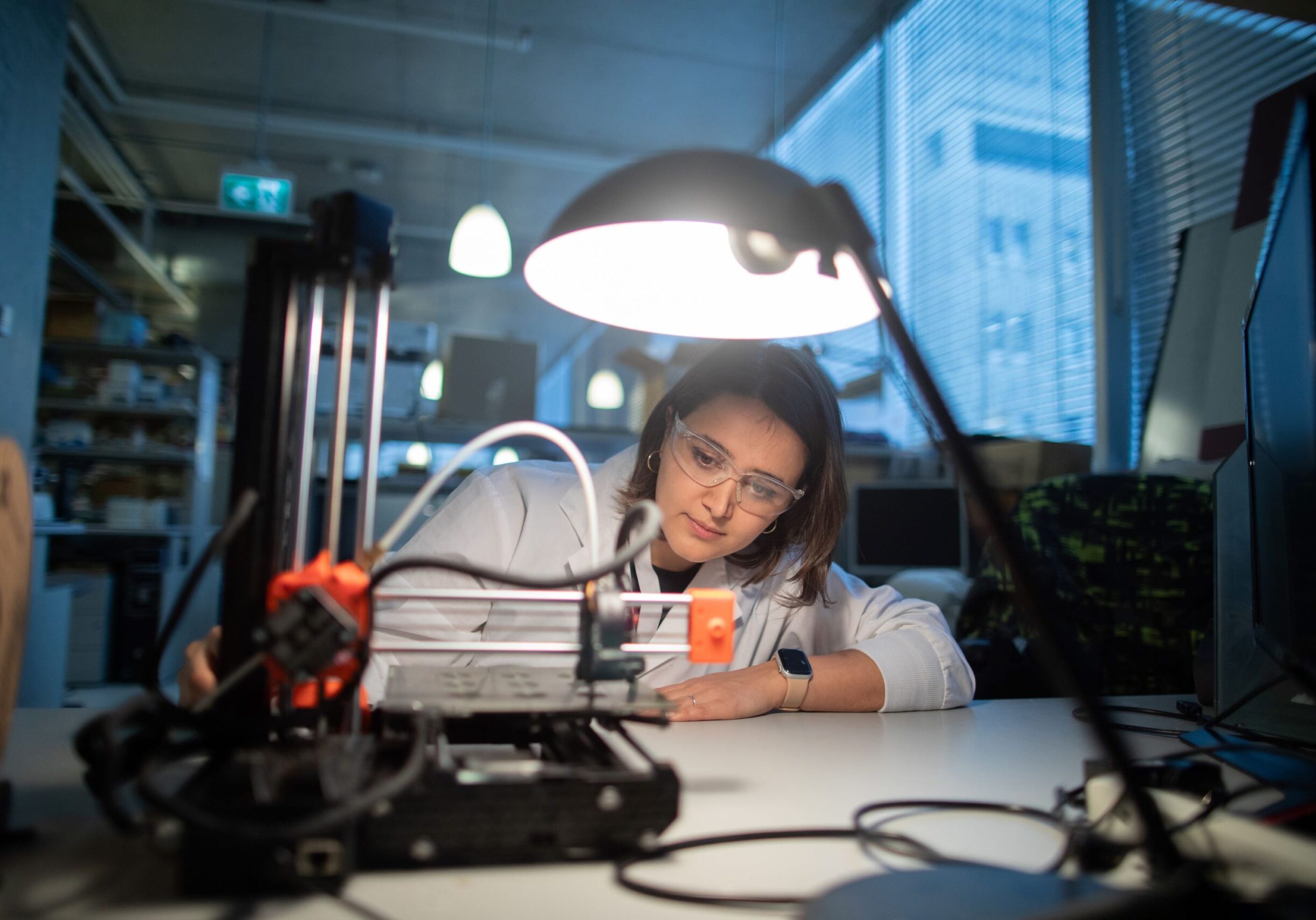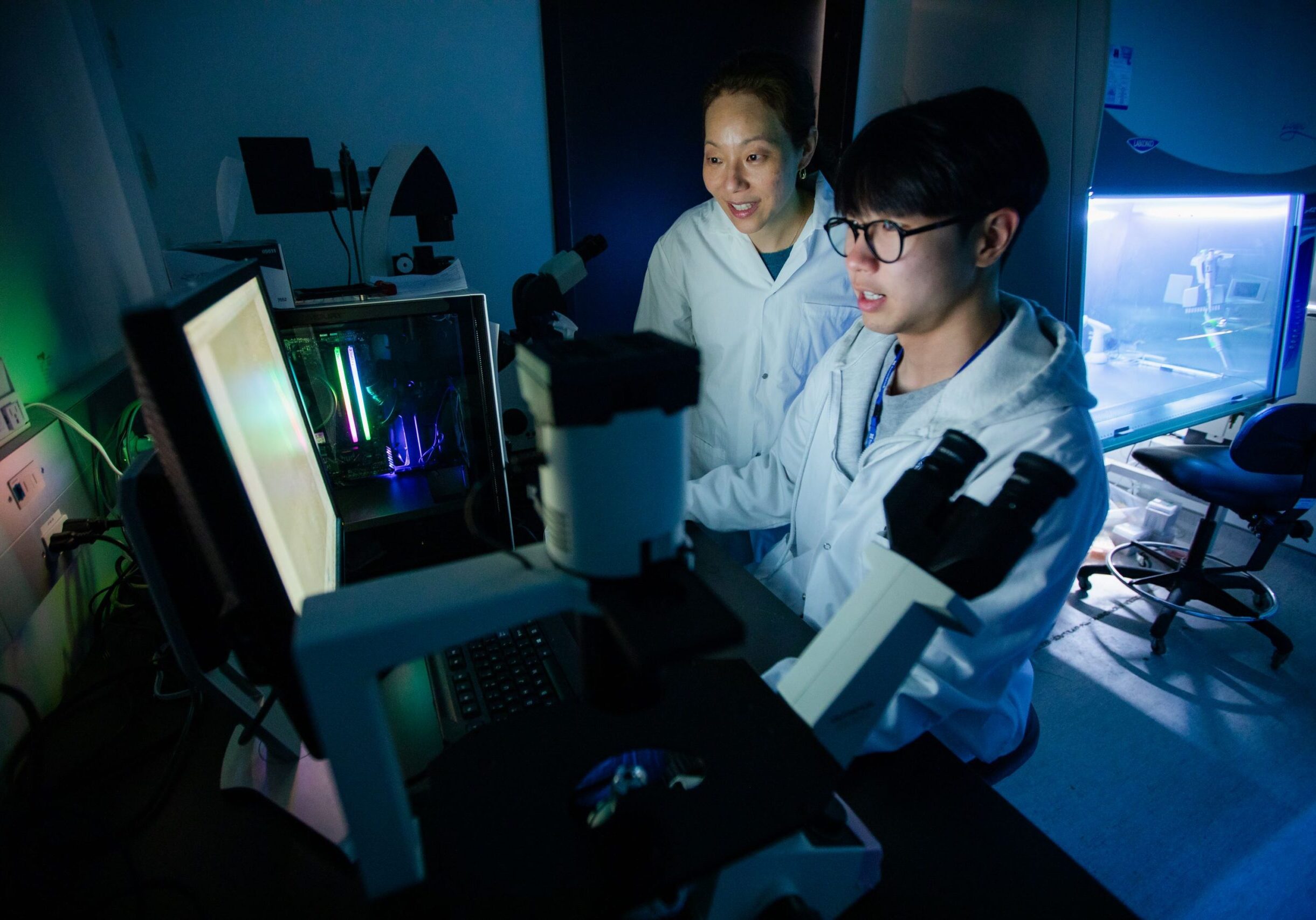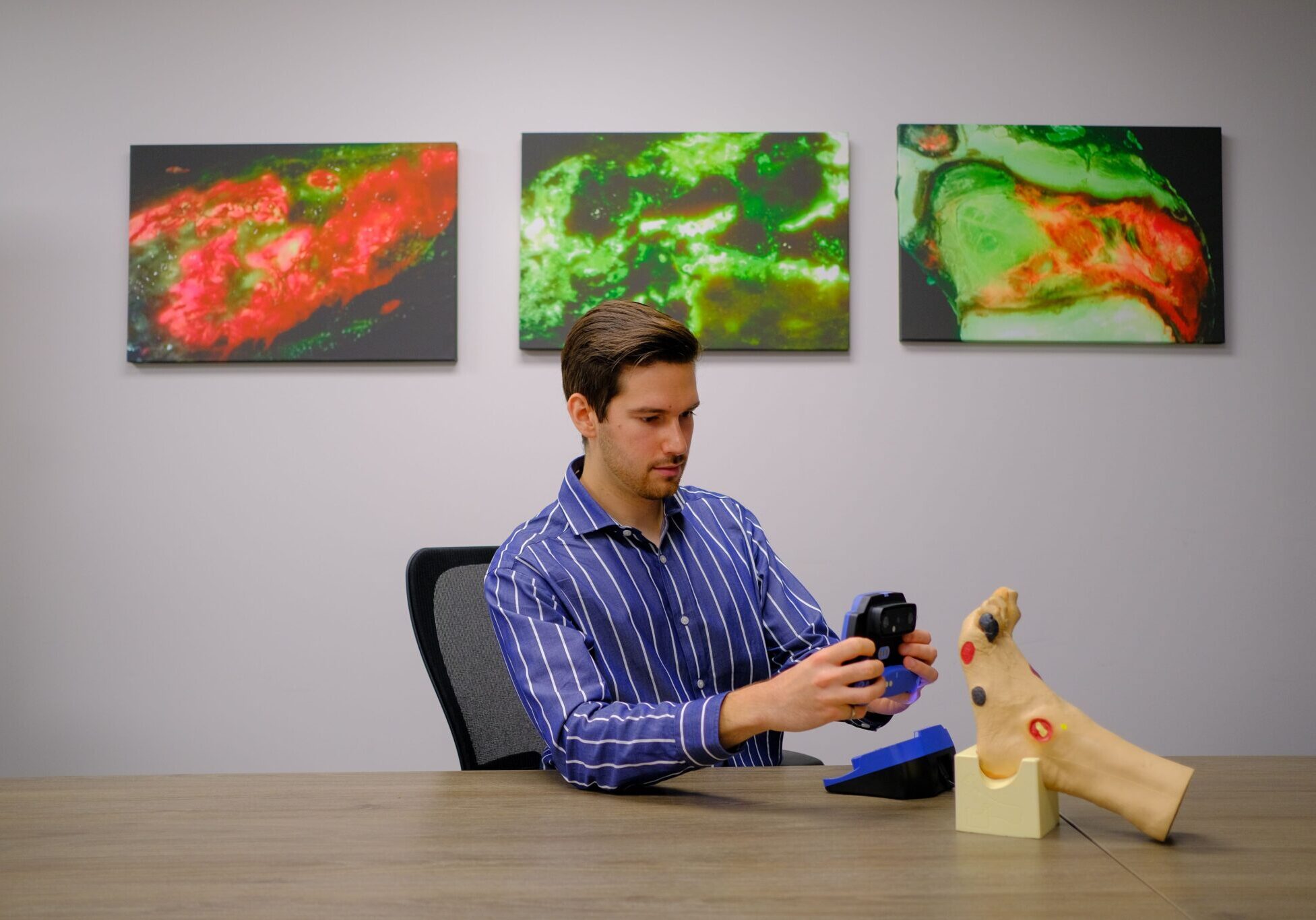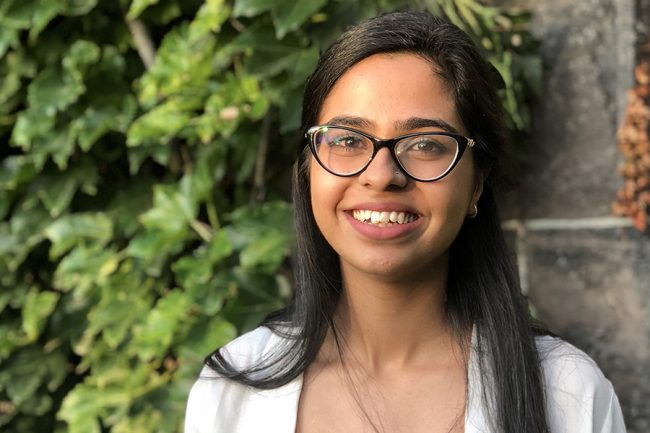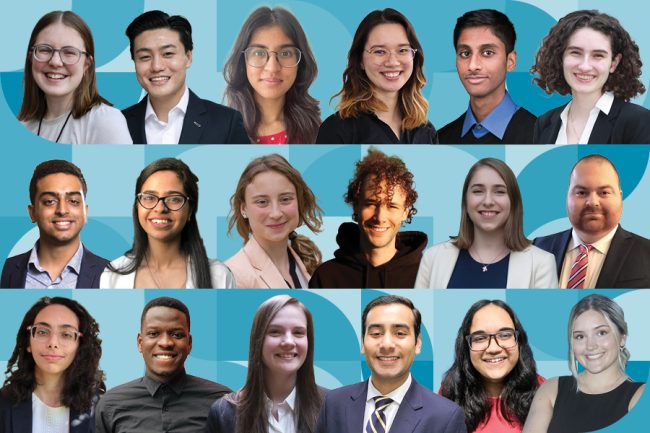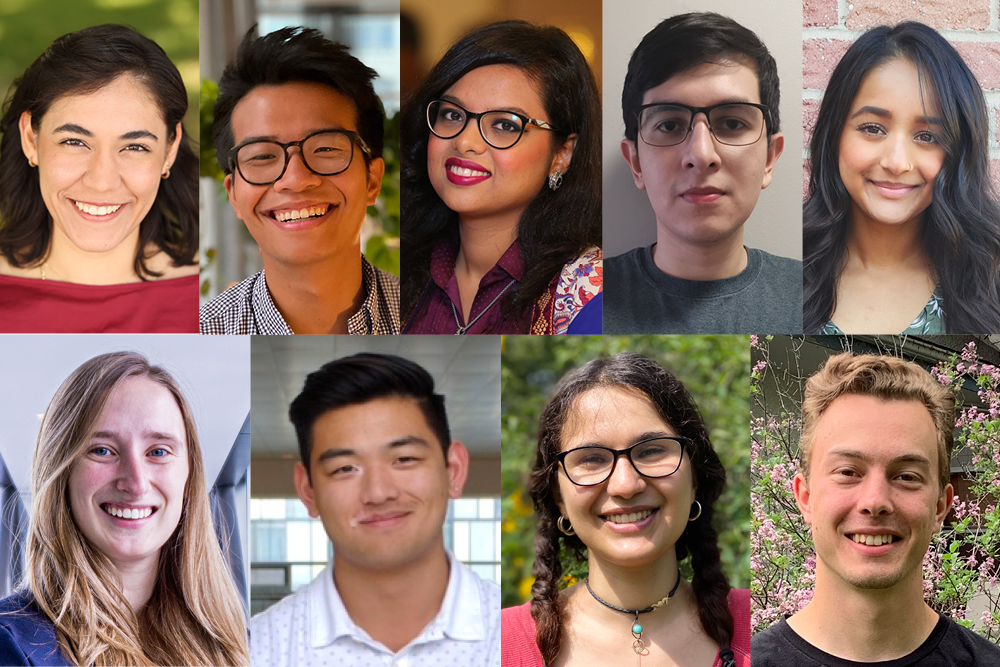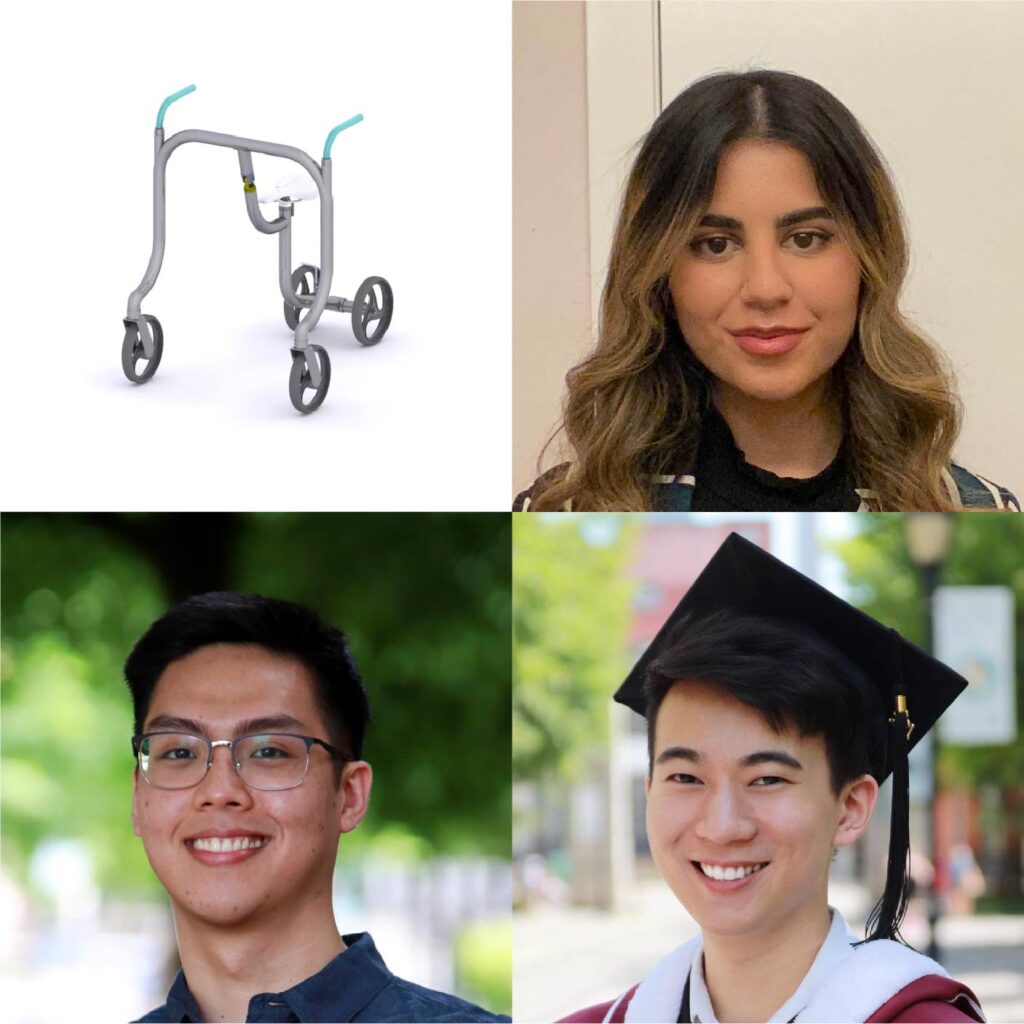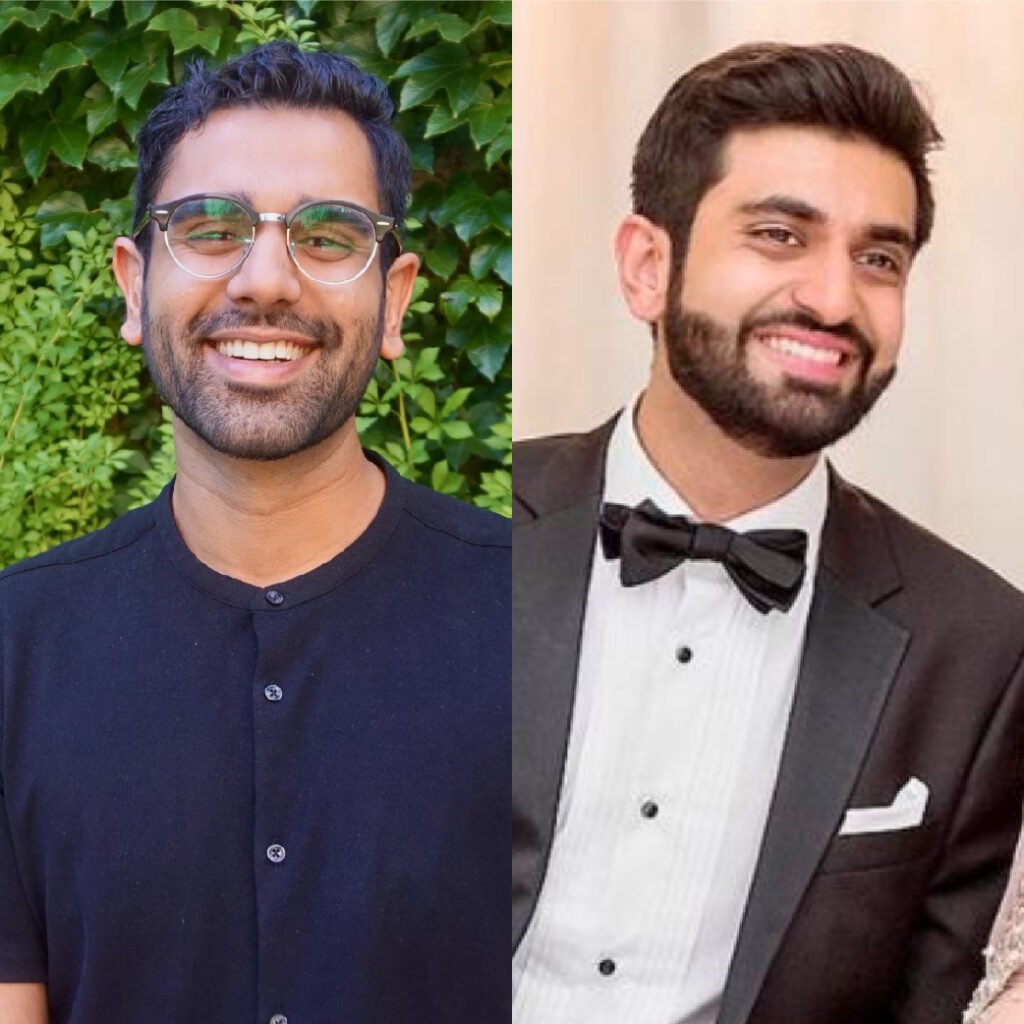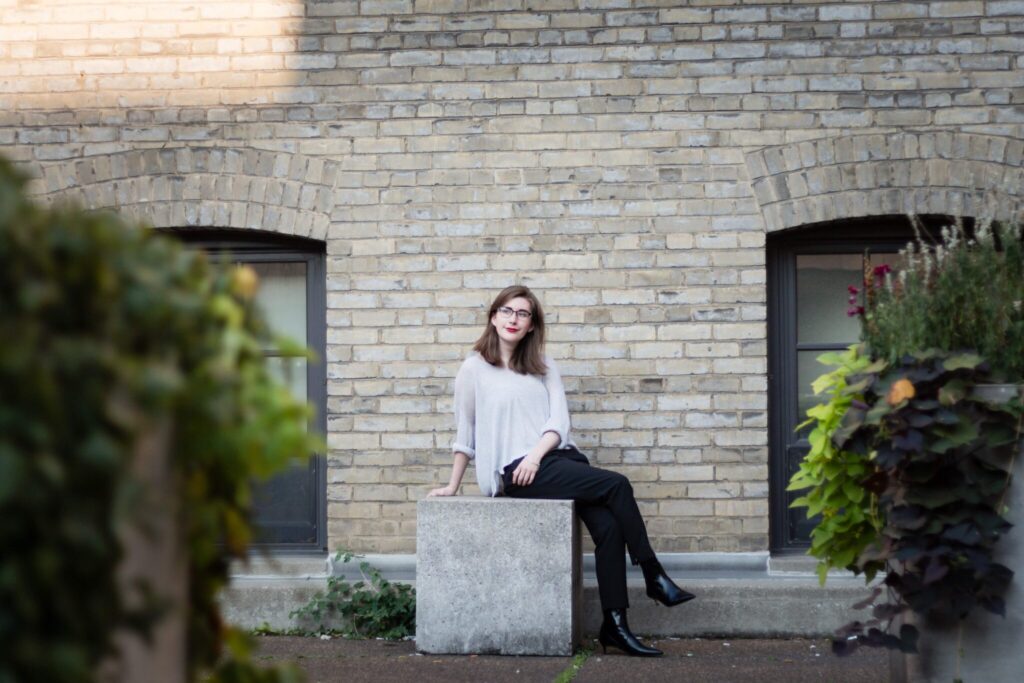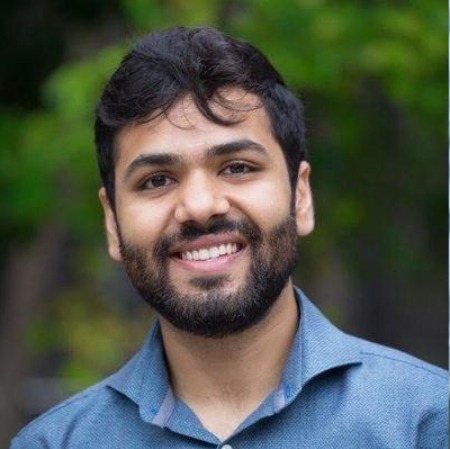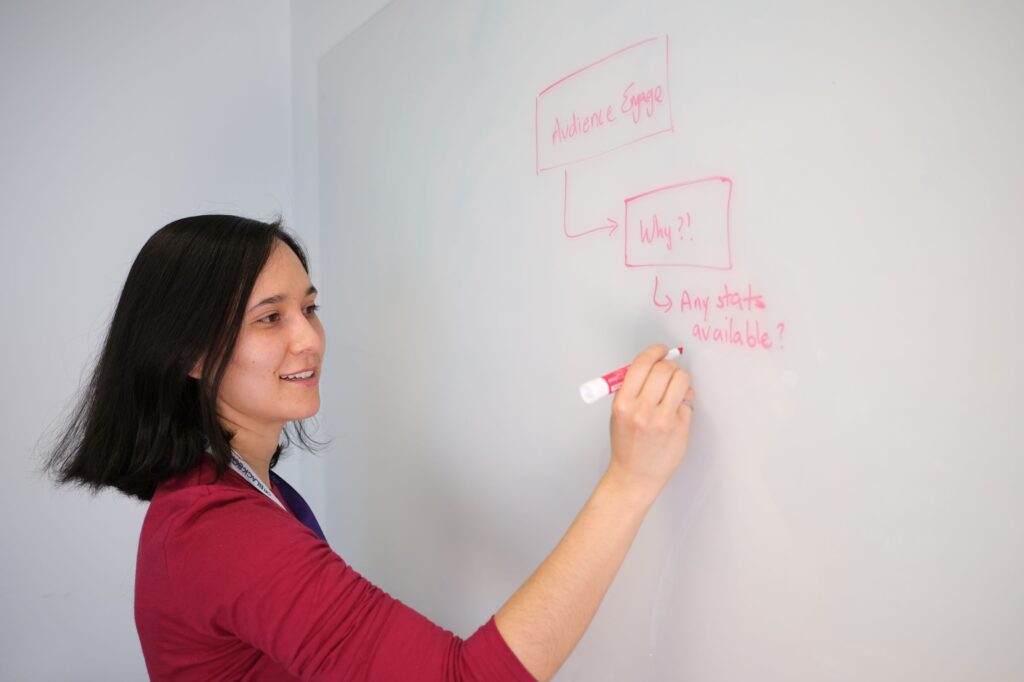Programs Overview
Are you a prospective student? Here at the Institute of Biomedical Engineering (BME), we connect researchers across the University of Toronto and its partner hospitals to develop innovative solutions to improve human health.
At the Institute of Biomedical Engineering (BME), we have 3 graduate programs and 2 undergraduate programs.
Quick Navigation
Graduate programs
Doctor of Philosophy
Research degree that exposes candidates to cutting-edge research in a laboratory
Master of Applied Science
Research degree that exposes candidates to cutting-edge research in a laboratory
Master of Engineering
Professional degree that exposes candidates to biomedical device design to commercialization
Graduate programs comparison
| Stream: | Research | Professional |
|---|---|---|
| Program: | PhD / MASc | MEng |
| Focus: | Research intensive training in a laboratory or clinical setting. | Training in biomedical device design, implementation, and commercialization. |
| Career Interests: | Individuals pursuing careers in academia, healthcare, government, or industry, who have a passion for research and development. • Motivated to conduct cutting-edge research • Passionate about academic collaboration and science communication • Keen on becoming key opinion leaders with distinct research specialization | Individuals interested in medical device production from design to implementation in human patients. • Seeking product design knowledge • Interested in learning entrepreneurship fundamentals • Eagar to gain real-world experience in the healthcare sector |
| Degree(s) Required: | Bachelor of Science, Bachelor of Engineering, Master of Applied Science (for PhD only), or Master of Engineering (PhD only). | Bachelor of Engineering or Bachelor of Science. |
| Outcome: | Program graduates excel as leaders in academia, industry, and government agencies across the globe. | Through work-integrated learning, graduates emerge as company founders, technology leaders, and start-up creators in the healthcare sector. |
| Program Length: | approx. 2 years (for MASc) or approx. 4 years (for PhD) | 1 year |
| Funding: | Unit-funded | Self-funded |
| Curricula: | • Coursework • Committee Meetings • Qualifying/Bypass Exam (for PhD) • Thesis • Defense • Final Oral Exam (for PhD) | • Coursework • Practical Experience |
Undergraduate programs and opportunities
| Year | Description | Opportunities |
|---|---|---|
| 1 | Engineering Science (EngSci) program students learn fundamentals of different science disciplines and begin team-based design training through praxis courses. | |
| 2 | EngSci students continue to receive foundational training through courses including BME205. Students select their major at the end of the second year. | USRA PEY Co-op |
| 3 | Biomedical Engineering major program students deepen their knowledge through rigorous academic and experiential training. | USRA PEY Co-op |
| 4 | Major students may focus on skill advancement and further knowledge and competencies through the completion of specialization courses, thesis, and design/capstone projects. |
| Year | Description | Opportunities |
|---|---|---|
| 1 | Engineering students establish knowledge in math and applied & basic sciences. | |
| 2 | Students expand knowledge and gain a greater depth of understanding through enhanced lab experiences and design opportunities. | USRA PEY Co-op |
| 3 | Bioengineering minor students may elect to pursue specialization courses grouped into three themes: Molecular Engineering, Cell & Tissue Engineering, and Clinical Engineering. | USRA PEY Co-op |
| 4 | Minor students may focus on skill advancement in one of the three themes (mentioned above) toward becoming a specialist in their respective field. |
Read more student news & stories
Quick Navigation
Compassion in action: Meet 2022 Troost ILead Difference Maker Award winner Khadija Rana
Khadija Rana is the 2022 winner of the Troost ILead Difference Maker Award.
Meet 18 student leaders who enriched the U of T Engineering community this year
Another cohort of outstanding students from across the Faculty have been presented with U of T Student Leadership Awards.
A day in the life of a graduate student – Johnny Zhang
Throughout the pandemic, our students are working hard to advance scientific knowledge. Check out our new video: “Day in the life of a graduate student”, featuring BME/Chemistry PhD student Johnny Zhang.
2021 Yip Awards Recognize Early Graduate Research in Biology and Disease
Heta Lad and Carolina Chavez Madero are two BME students who won this year’s Cecil Yip Doctoral Research Award.
BME minor students win Director’s Best Capstone Award
Adeen Rizwan, Jonathan Reyes, and Kent Hsieh won this year’s BME Capstone Director Award for their consultation and proposed improvements on a mobility device.
Two BME students awarded prestigious Vanier Canada Graduate Scholarships
Nebras Warsi and Joseph Sabastian are two of the BME Vanier Canada Graduate Scholarship winners of 2021. Vanier awards are given based on the merit of academic excellence, extracurricular activities, and demonstration of leadership.
Faces of BME – Samantha S.
Samantha Stuart, MASc candidate from the Frank Gu Lab is applying machine learning algorithms to biomedical applications in the lab, while leading & participating in science outreach initiatives like the Canada Wide Science Fair. Read about her journey here.
Two engineering community members honoured with U of T Awards of Excellence
Professor Brenda McCabe (CivMin) and graduate student Kramay Patel (BME MD/PhD candidate) have been honoured by the University of Toronto with Awards of Excellence (AWEX).
